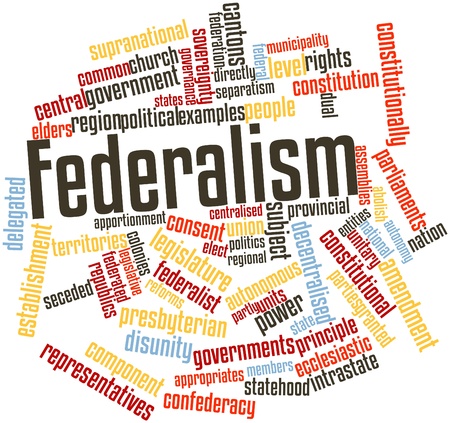
INQUIRER.net PHOTO
TACLOBAN CITY — Plans to shift to a federal form of government remain as a new group has been created to campaign for it.
The People’s Federal Reform Movement for Justice and Reconciliation (PFRMJR) was launched last Jan. 21 to convince Filipinos to support federalism as an antidote to the country’s problems.
Undersecretary Mark Gimenez of the Presidential Management Staff (PMS) was named the group’s national chair.
Gimenez is a former mayor of Tanauan town in Leyte and chair of the Tingog party list headed by House Speaker Ferdinand Martin Romualdez, a cousin of President Marcos Jr.
In 2022, the country’s chief executive officer ran and won under the Partido Federal ng Pilipinas, which is pushing for a federal form of government.
Engineer Billy Roseño, the group’s secretary-general and a known political organizer in this city, said they wanted to push for federalism as a “viable structure of governance to promote inclusive growth and development of the country.”
“The PFRMJR is envisioned to promote a federal system of government as the answer to the lingering problems that beset our country and its people today by consolidating and organizing a solid and strong national alliance of movements, groups, and community leaders that are advocates of federalism,” Roseño told the Inquirer on Feb. 6.
With a federal system of government, he said national wealth could be evenly distributed and not controlled by the so-called “imperial Manila” as it would decentralize power to the regions.
“Some lingering problems in the country, like the armed conflict in Mindanao and the communist insurgency, can also be solved under the federal system,” he said.
Federalism is a form of government in which sovereignty is shared between a central governing authority and constituent political units called states or regions.
Advocates of federalism say it would evenly distribute wealth across the country instead of the bulk going to “imperial” Manila.
Detractors, on the other hand, said it would further entrench political dynasties in the regions and create confusion over responsibilities.
Roseño said federalism was pushed during the administration of former President Duterte but was unsuccessful since some groups opposed it.
But Roseño remained optimistic that federalism would prosper under the administration of President Marcos with the support of many Filipinos.
“PFRMJR is confident that the federalism movement will succeed since we have consolidated early to conduct information dissemination and consultative assemblies in the barangays, and most Filipinos are already fully aware of its advantages,” he said.
Labor lawyer Joseph Entero, who is from Bohol, was elected president of PFRMJR, while Iloilo provincial board member Matt Palabrica was named executive vice president.
The other officials of the group are National Anti-Poverty Commission (NAPC) lead convenor Dr. Lope Santos III as vice president for Luzon, NAPC deputy director–general Girlie Amarillo as vice president for the National Capital Region; lawyer Gerardo Carillo as vice president for the Visayas; Wilfredo Guerra, vice president for Mindanao; and Cooperative Development Authority Assistant Secretary Pendatun Disimban as vice president for the Bangsamoro Autonomous Region in Muslim Mindanao.
RELATED STORIES
Pro-federalism group to be launched in Cebu | Cebu Daily News
Federalism: a deeper look | Inquirer Opinion
Federalism will not solve corruption | Inquirer Opinion